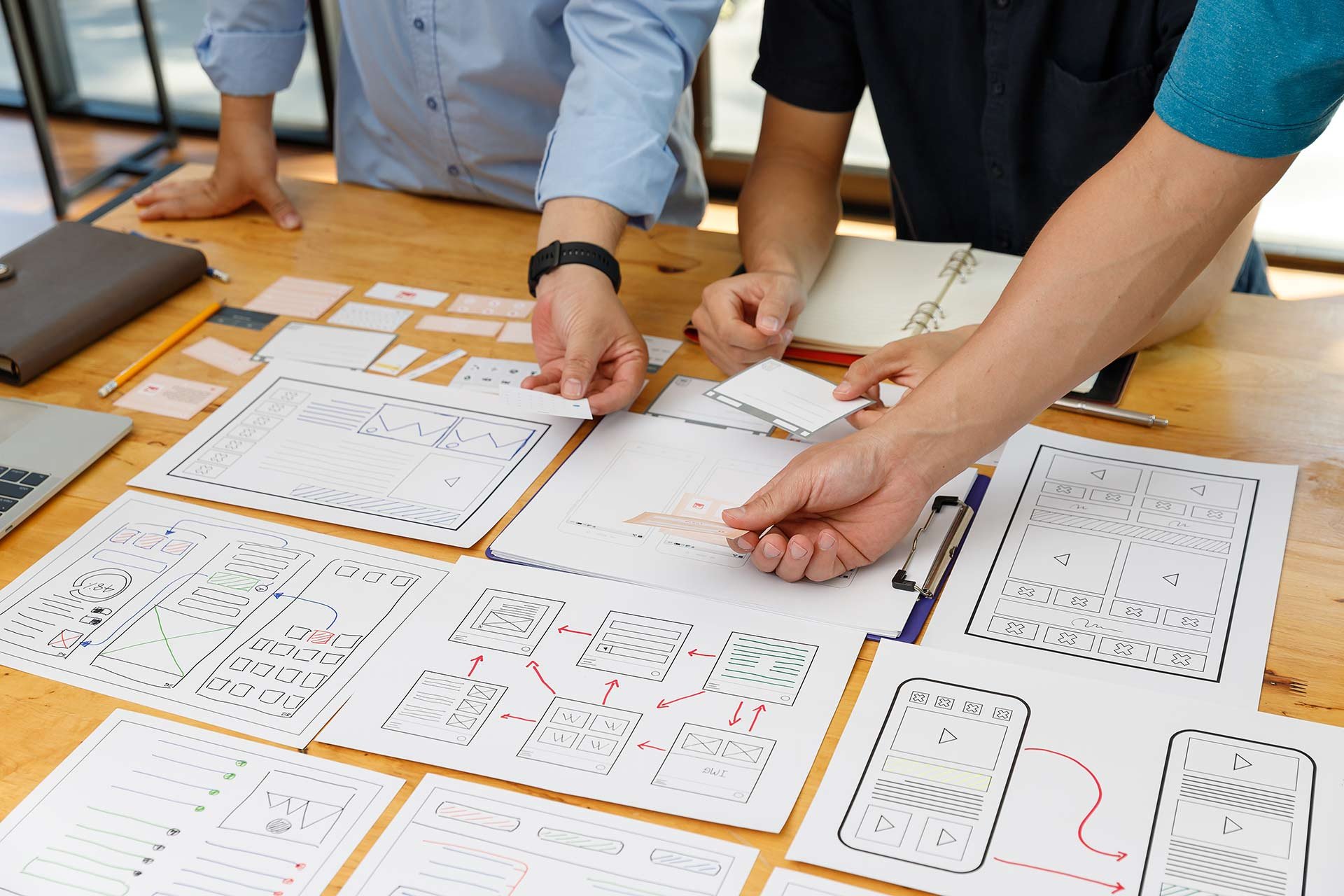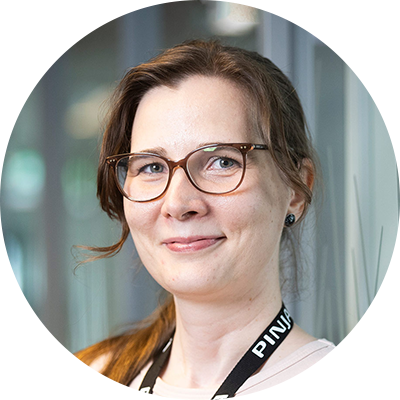
The global Coronavirus pandemic had a significant impact on the spread of digital services and the acceleration of technology adoption. According to a study by McKinsey, companies digitize their operations up to 25 times faster during the pandemic, and investments are set to continue their growth in the future.
Sitra’s megatrends also highlighted how technology and digital services have merged into our everyday lives. For many companies, however, developing a new digital service may still seem like too big an investment or an unnecessarily complicated project – which it doesn’t really have to be.
Service design helps develop customer-oriented and profitable digital services
The development of a digital service is a long-term process that is worth breaking down into several phases. Often, however, when designing a new service, it’s all too easy to jump straight to the deep end: technology choices, interface solutions, and technical implementation details. However, we should first focus on the most important thing: identifying the current situation, user needs, and the business benefits to be achieved.
So, you start with a service design project. It allows for agile testing of an idea and is significantly less expensive than noticing only at the coding or deployment phase of a software product that the service is not actually feasible. This also helps you avoid a result that does not meet the customer’s needs or for which there is not enough demand.
The service design project progresses through three important phases:
- identify the status and user needs,
- brainstorm, prioritize, and select core functions,
- create a light prototype and test.
The information collected and documented during the service design process helps ensure that everyone from the coder to the end user has understood the use and purpose of the service in the same way. The collected information can be used for preparing a roadmap for final implementation. When it comes to a significant investment, it is worth developing the service in small parts so that business profitability is maintained throughout the project. Service design helps identify the most important features for end users that they are also willing to pay for.
What kind of team do you need to develop a digital service?
In addition to the actual product development team, it is always worthwhile to involve people working in the customer interface, end users of the service and other stakeholder representatives in the development of the digital service. This helps you gain insight on the needs of the target group, and internalizing real customer needs gives the right, sustainable direction to development.
Pinja’s software development partnership is based on three pillars: considerate experts, transparent interaction, and flexible implementation and expertise.
Often, software development expertise alone is not enough, which is why it is worthwhile to be careful and consider the development needs when choosing a partner. Important factors in the partnership are open interaction, documentation, and clear processes for tracking work. A knowledgeable partner brings clarity to development cost management and predictability and is able to ask just the right questions so that key determinations can be made together effectively.
Pinja’s software development partnership is based on three pillars: considerate experts, transparent interaction, and flexible implementation and expertise.
Open and knowledgeable collaboration and client focus lead to digital solutions that customers value in their daily lives
Read more
The international Product Manager finds excitement in the combination of software development and design
A Lead Architect thrives at the deep end of coding

Marika Vedenoja
I work at Pinja as a service designer and my job is to help our clients define and formulate their vision into concrete implementations.
Back to the Pinja Blog
Categories
- Career at Pinja (68)
- Manufacturing (46)
- Knowledge Management (45)
- Production Development (44)
- Software Partnership & Tools (42)
- Sustainability (37)
- Wood and Forestry (37)
- Bioenergy and Recycling (29)
- IT Support and Outsourcing (24)
- Ecommerce (23)
- Maintenance (22)
- Artificial Intelligence and Machine Learning (15)
- Public Services (9)
- Compliance (1)